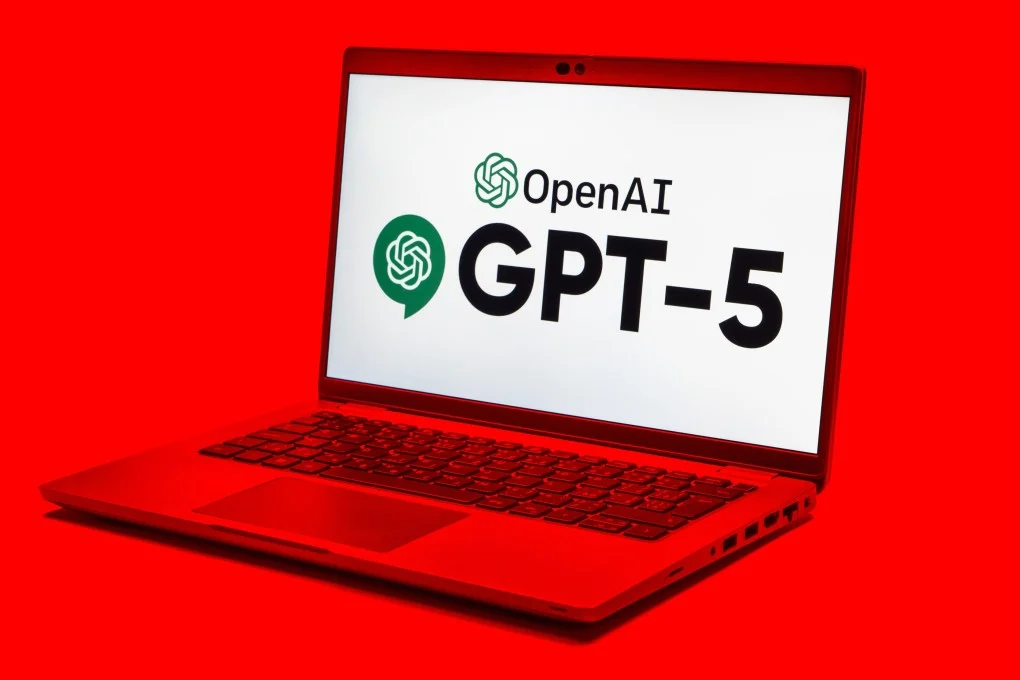China has officially rejected OpenAI’s trademark application for “GPT-5”, marking another setback for the company’s efforts to protect its AI branding in the Chinese market. The refusal comes amid rising regulatory scrutiny and well-known hurdles for foreign tech entities in China. Digital Phablet
What Happened with the Trademark Application?
OpenAI submitted trademark applications to the Chinese authorities for the “GPT-5” name, aiming to register it across categories such as scientific instruments and technology services. However, all related filings have been declined—no detailed reasons have been publicly disclosed.
This rejection aligns with a broader pattern: authorities in China have been known to challenge generic or descriptive AI terms, especially those linked to foreign brands.
Why It Matters
- Brand Protection: Without trademark approval, OpenAI may struggle to control the usage of “GPT-5” within China. This could lead to confusion or misuse by third parties.
- Market Access: The denial could complicate efforts to legally promote or launch GPT-5 services in China in the future.
- Regulatory Concerns: This reflects the broader barriers Western tech firms face in navigating China’s IP and regulatory environment.
Broader Trademark Trends and Precedents
- The USPTO in the U.S. has historically rejected OpenAI’s attempt to trademark “GPT.” It deemed the term too generic and descriptive to qualify for exclusive rights—OpenAI’s appeals are still ongoing.
- A similar fate may have befallen the GPT-5 application in China, especially since “GPT” is commonly used across the AI industry to describe generative pre-trained transformers.
What Experts Say
Industry watchers note that China’s refusal could reflect the term’s generic nature and the country’s cautious stance toward foreign tech trademarks.
As one analysis points out, terms like “GPT” are already widely recognized in the broader AI landscape, making exclusive ownership difficult from a legal standpoint. This has been a barrier not just in China, but globally.
What’s Next for OpenAI?
- Appeal Process: OpenAI could challenge the decision through administrative or legal channels, though success is uncertain.
- Alternative Strategy: It may focus on trademarking more distinctive sub-brands (e.g., ChatGPT, Sora) to maintain IP control.
- Market Strategy: Until cleared, OpenAI might refrain from using the “GPT-5” label in communications or marketing in China to stay compliant and avoid issues.



